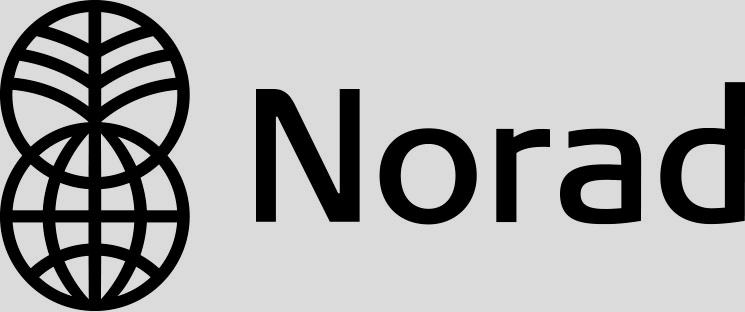Partner Organizations




Development Partners






The PCT Secretariat presented on the PCT Toolkit, “Options for Low Income Countries’ Effective and Efficient Use of Tax Incentives for Investment”, in a webinar organized by the Addis Tax Initiative (ATI) on Tax Incentives on September 17th 2020. The presentation discussed tax incentives, their popularity and prevalence in countries across income groups despite poor evidence in respect of their effectiveness and efficiency, and highlighted the necessity of guidance in their design and governance. The webinar was attended by representatives from country teams, ministries of finance, regional tax organizations, development partners and civil society organizations.
Countries use tax incentives in many forms to attract capital to critical sectors like agriculture, extractives and information technology. However, available evidence on tax incentives suggests that they are often ineffective due to weaknesses in design, transparency and administration, which can lead to further economic distortions, corruption, high fiscal costs and foregone revenue. The PCT Toolkit and Background Paper provides recommendations for better design of and improved governance within tax incentive policy.
The presentation addressed key elements from the toolkit, namely considerations in determining tax incentive effectiveness and efficiency and recommendations for their design and transparency. The toolkit champions a design process that promotes clear goals and eligibility criteria, identifies a clear choice of tax instrument, establishes rules over discretion, engages in accountable monitoring and evaluation, improves transparency through greater use of tax expenditure reviews, embeds incentives within tax law, and emphasizes the pivotal role of the Ministry of Finance in enhanced governance.
A distinguished panel of experts from the PCT Partners (IMF and the World Bank) joined the webinar and responded to queries from the participants. The presentation facilitated meaningful discussions on a range of topics, including how the toolkit can be made more useful to countries, how the data gaps in tax expenditure analysis can be bridged and how ministries of finance can be encouraged to give up redundant incentives. The Toolkit stands to benefit partner countries and create transferable knowledge products on transparent and goal-oriented tax incentive policy design.
For more information on future PCT events and workshops, please sign up for the PCT Newsletter.
Please find the ATI publication on “Perspectives from ATI partner countries on the design of tax incentive regimes” here.
Image credit on front page carousel: World Bank Flickr









